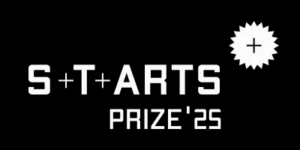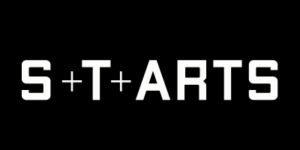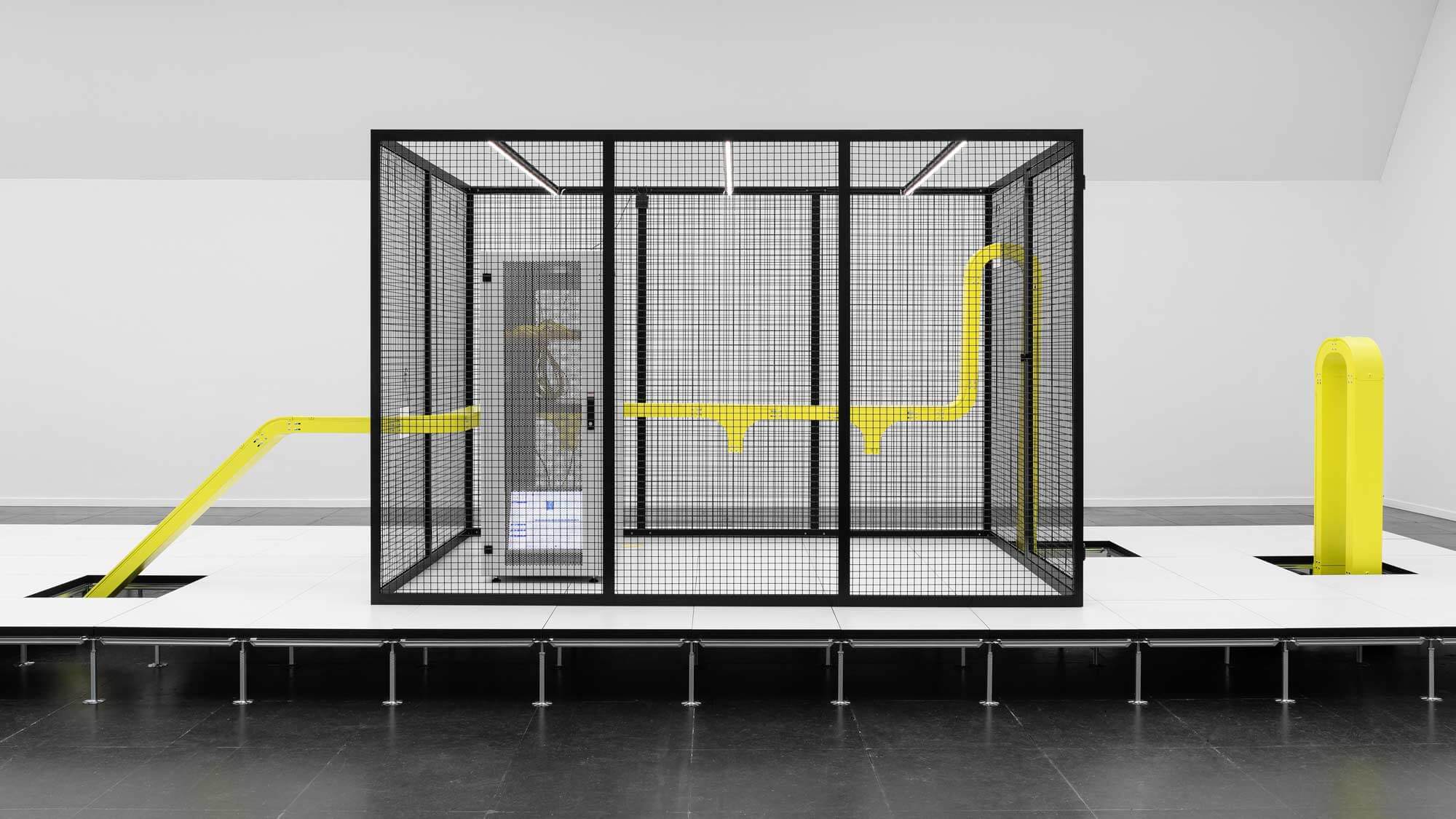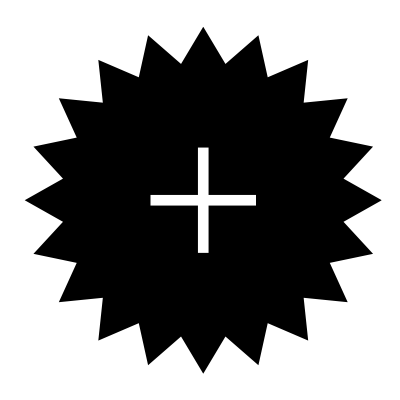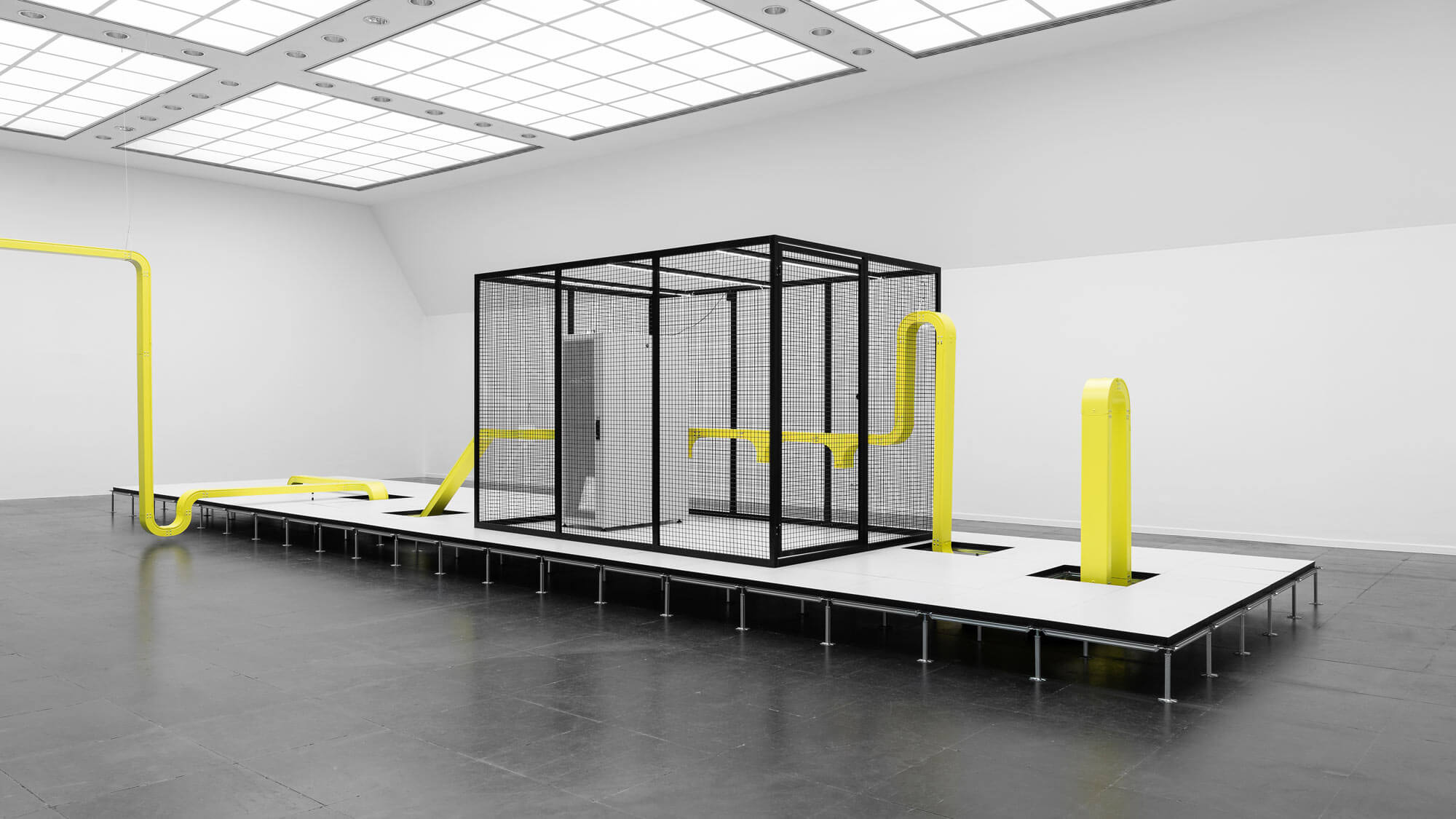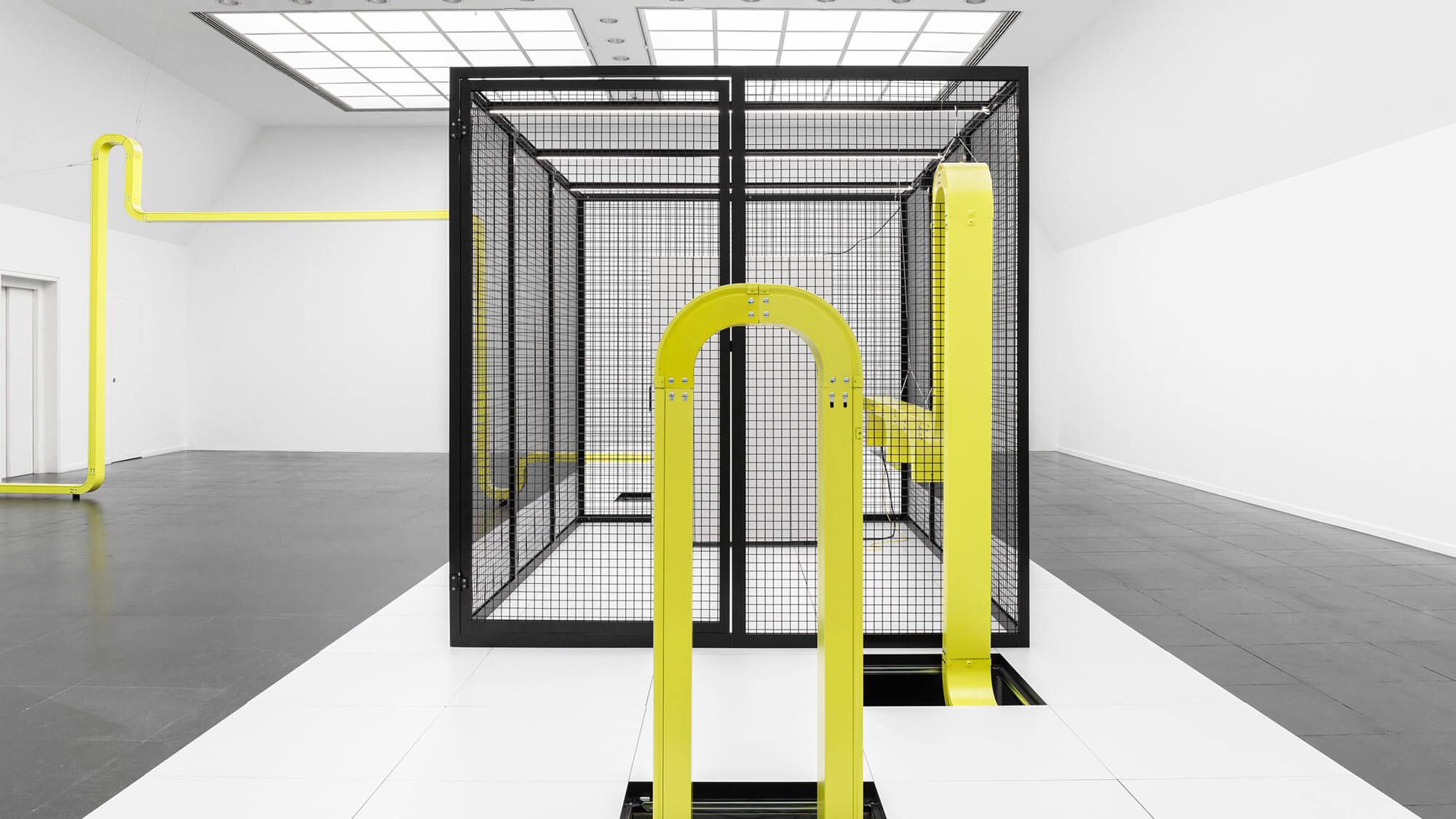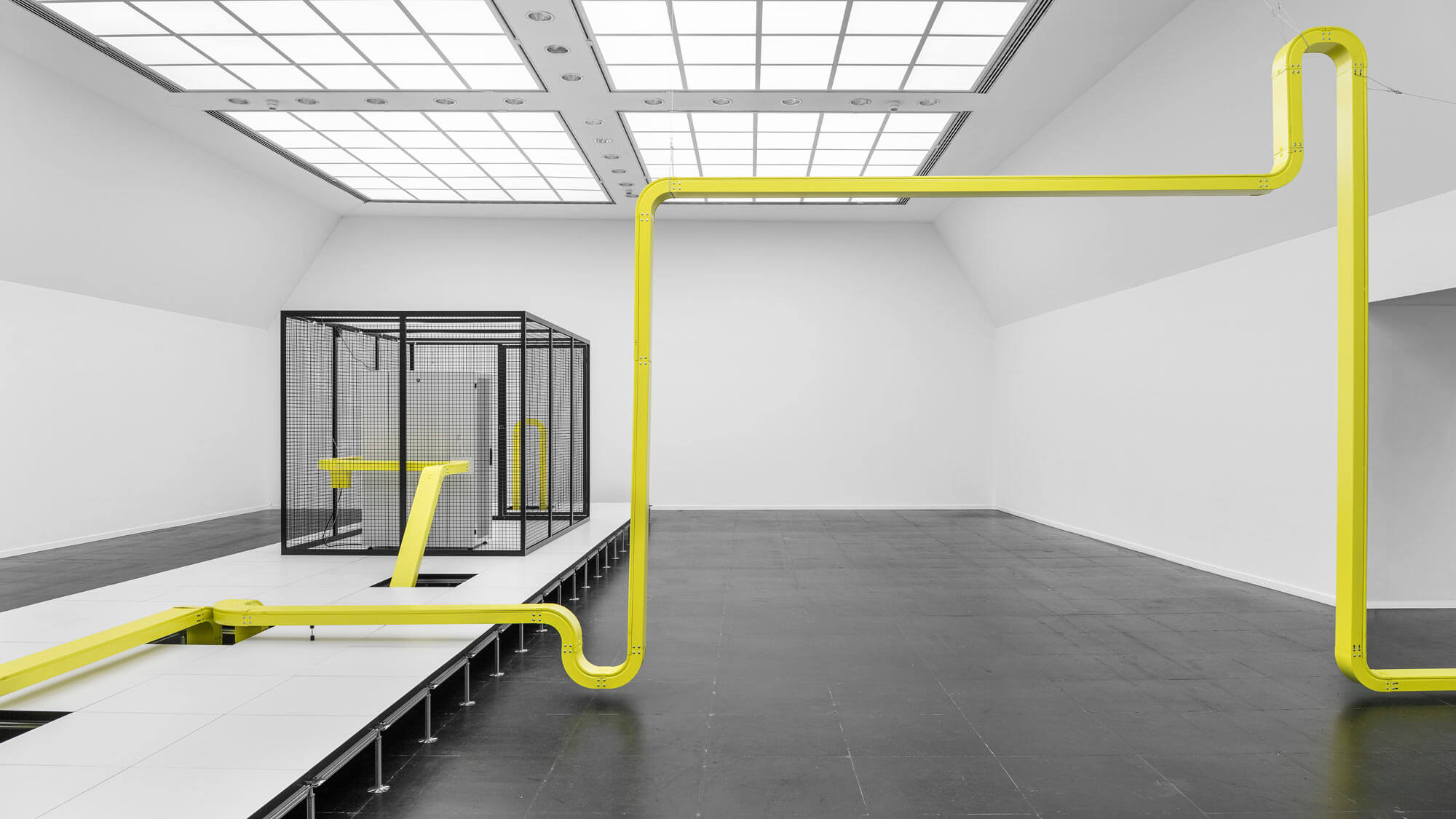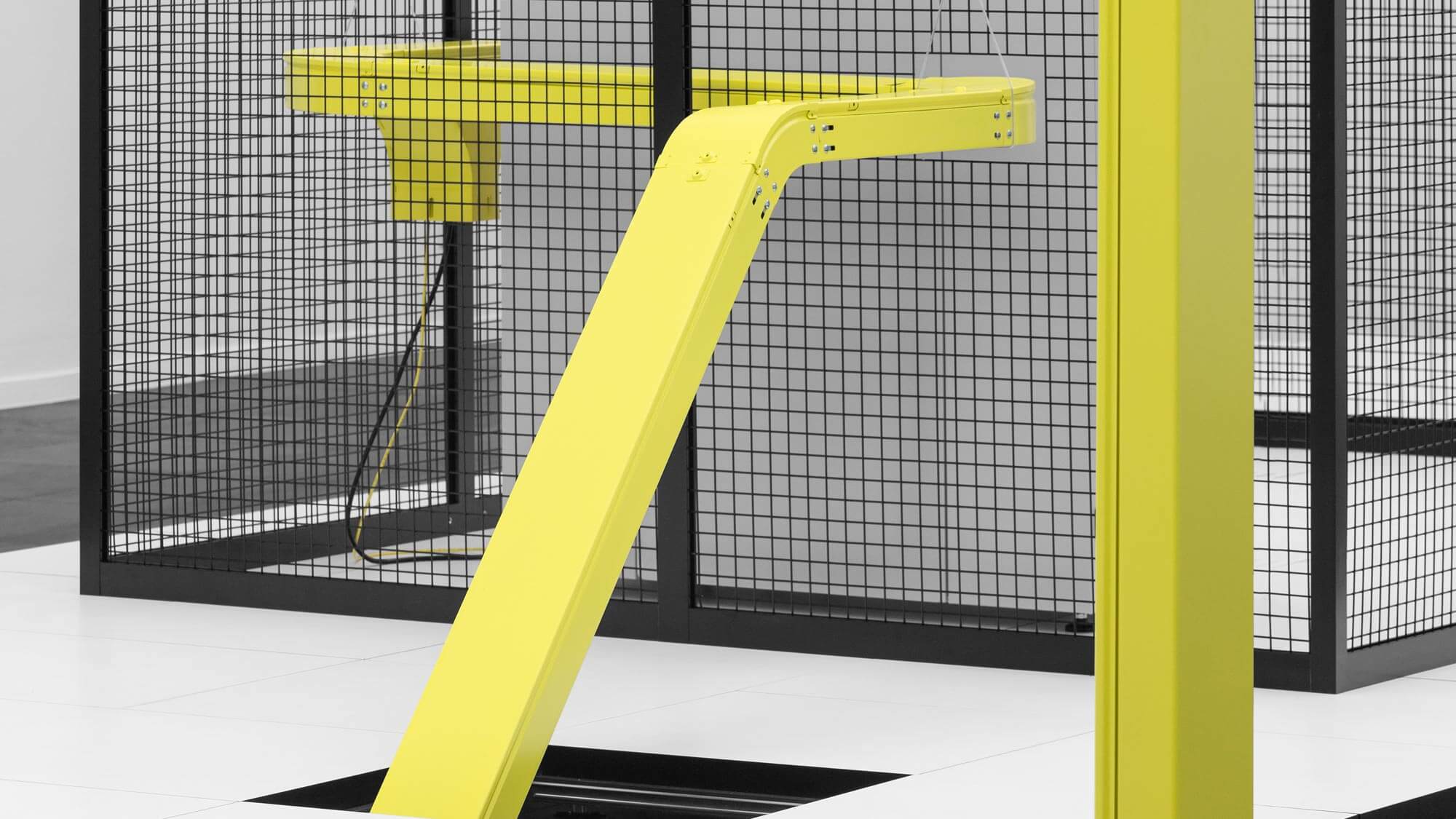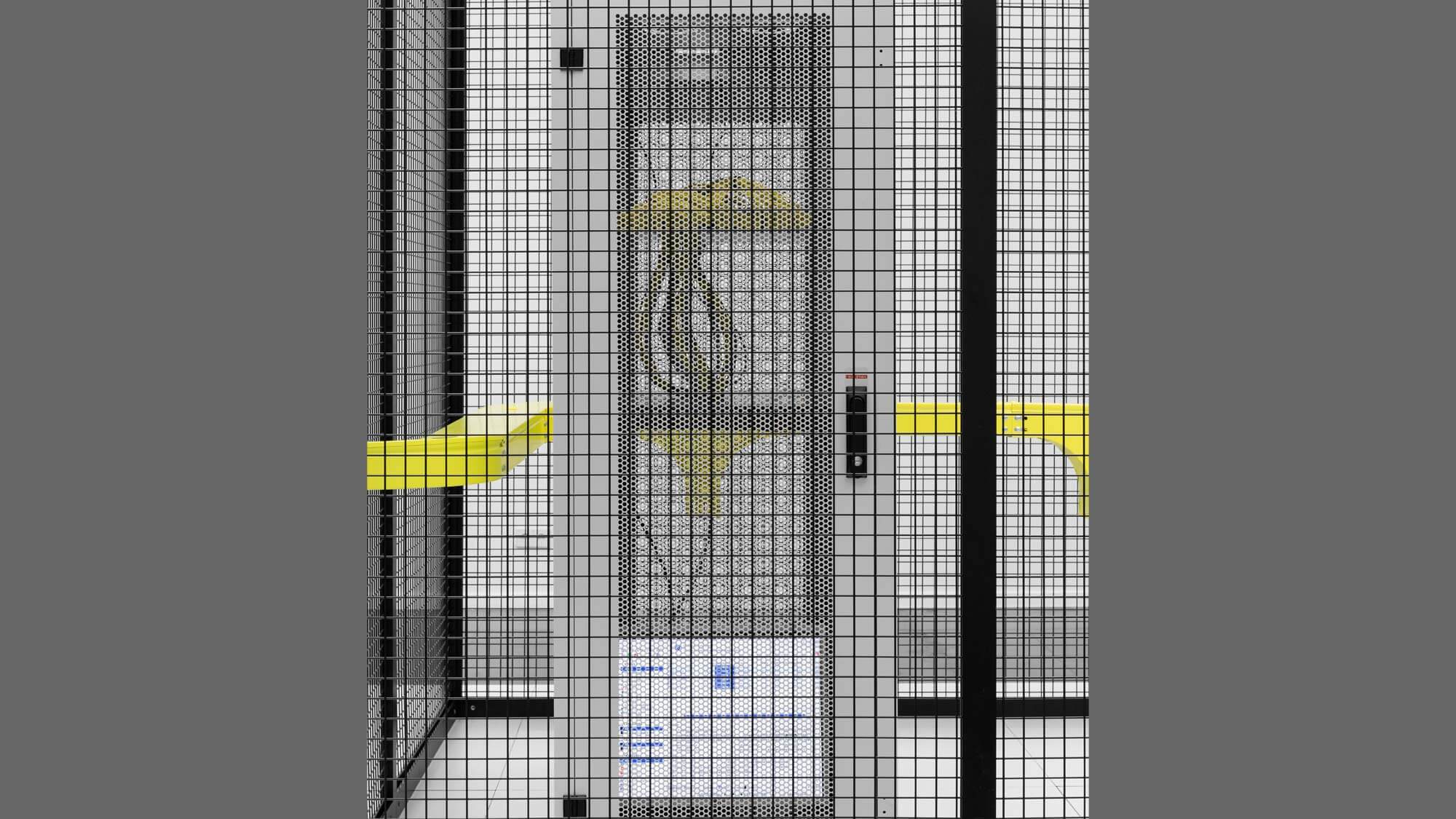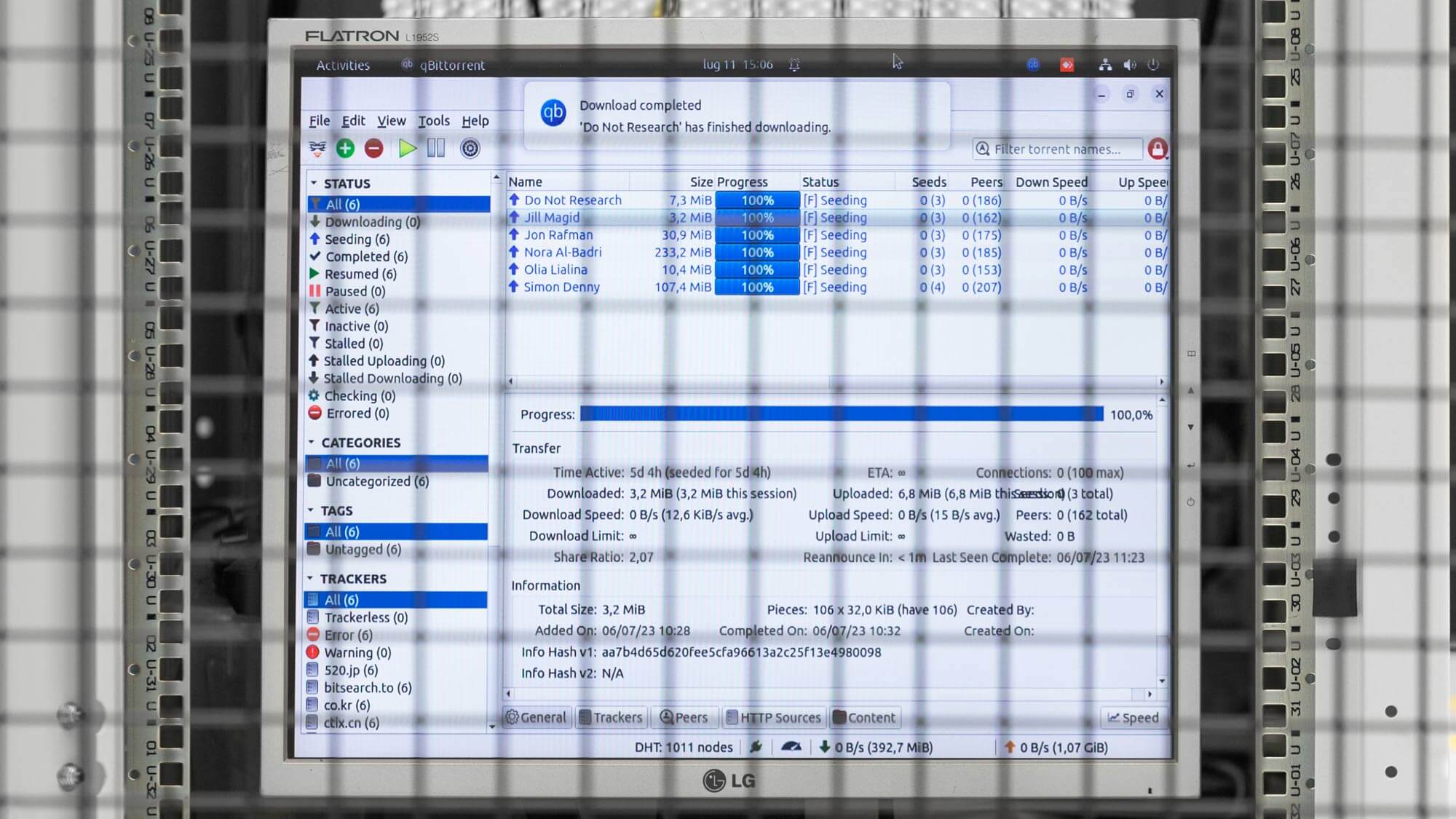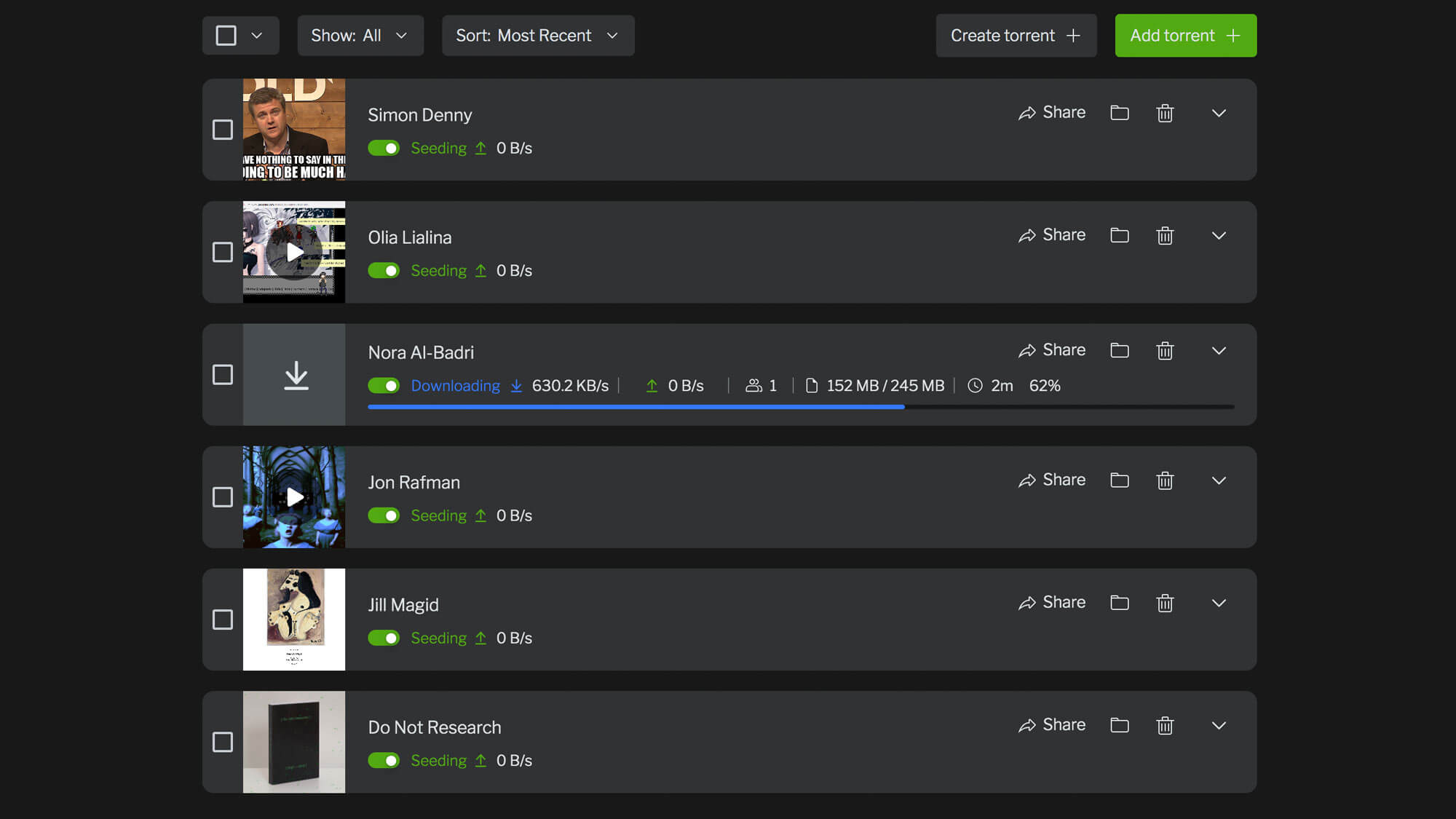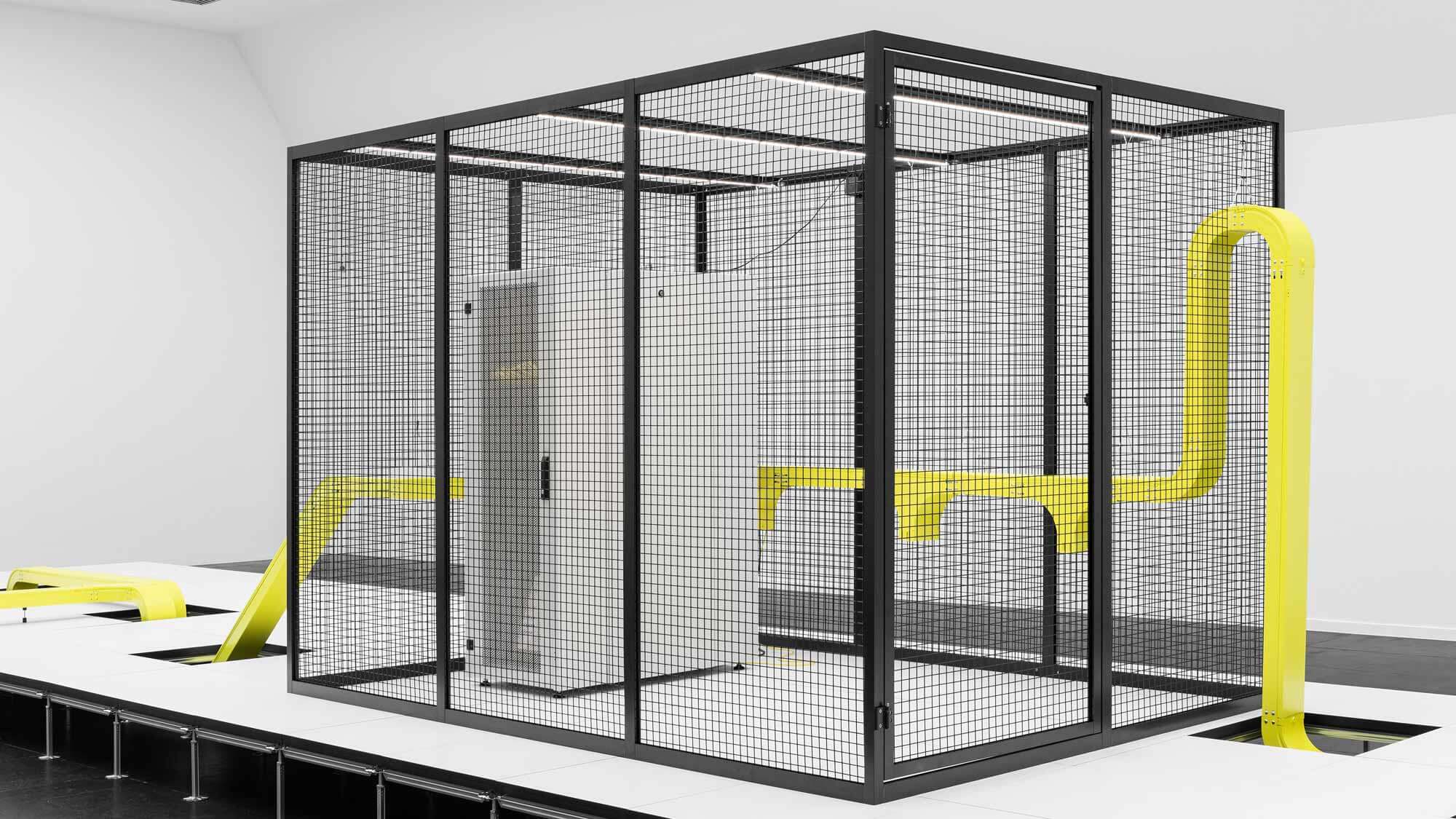Honorary Mention
Inspired by a speculative project by architect Rem Koolhaas—who planned to bring a museum inside a data center—but reversing it by bringing a data center inside a museum, P2P celebrates peer communities created by artists who have used the internet to share works and knowledge over the last twenty years.
The central element of the installation is a server standing in a grid cage. The server is connected to the peer-to-peer network via the infrastructure of the hosting art institution—for example Frankfurter Kunstverein (2023) and KW Berlin (2024). It shares new or rarely seen digital artworks by artists such as Nora Al-Badri, Simon Denny, Do Not Research, Olia Lialina, Jill Magid, Jon Rafman, and Vladan Joler. In the future it will host new works by other artists and act as a fully functional, itinerant, artist-run space.
P2P reveals the infrastructure that is home to our data, which is usually hidden from us.
Unlike conventional servers, peer-to-peer networks store data in a decentralized way. They are anonymous and free from commercial interests, data mining, and surveillance. Participants in these communities, known as “peers”, take part by connecting their computers to the system. They interact directly with each other on an equal footing by sharing resources such as files, bandwidth, and computing power. While public art institutions go to great lengths to preserve objects—i.e. paintings or sculptures—they often do not share the same investment for digital artefacts, delegating it to external private companies—the “cloud”.
P2P introduces new possibilities for the distribution and preservation of digital works. By hosting the work, a public institution contributes directly to the dissemination and preservation of art on the internet.
Credits
P2P, 2020, by Eva & Franco Mattes
Cage, cabinet, rack server, files, Torrent software, internet connection, neon lights
312 x 209 x h208 cm
Installed at Frankfurter Kunstverein
With support from: Frankfurter Kunstverein; KW Institute for Contemporary Art, Berlin
Biography
Eva & Franco Mattes (IT, US) are an Italian American artist duo living in New York and Milan. Through videos, installations, sculptures, and online interventions, their work responds to and dissects our contemporary networked condition, always approaching the ethics and politics of life online with a darkly humorous edge. Their works can be found in the collections of the SFMOMA, Whitney Museum of American Art, Fotomuseum Winterthur, X Museum, and the Walker Art Center. Many of Mattes’ projects can be found on their website: https://0100101110101101.org
Jury Statement
P2P redefines art by creating an artist-run server distributing artworks via Torrents through a peer-to-peer network. Housed in a sculpture resembling a data center, it highlights the physicality of the internet, often obscured by metaphors like “the cloud.” This democratizes access to data and art by using the museum’s infrastructure to seed and download artworks, turning the exhibition space into a functional peer-to-peer network. Despite its minimalistic presence, the installation facilitates widespread access to art in the digital and AI-driven era. Inspired by the book Server Manifesto, edited by architecture critic Niklas Maak, and ideas from architect Rem Koolhaas and digital pioneer Francesca Bria, data centers are understood as democratic architectures and data as digital commons. It challenges the hidden nature of digital infrastructures, emphasizing their environmental impact and energy consumption. P2P invites people to join the network and experience a virtual exhibition featuring works from artists and collectives like Olia Lialina, Jon Rafman, and Do Not Research, exploring different models of online networking—artist-run, distributed, DIY. P2P highlights the potential of art to reflect on the need to democratize technology, experimenting with community owned infrastructures for artistic expression and collaborative digital production. P2P is a case study in alternative models of networking and in rethinking the current centralized and extractive internet.
